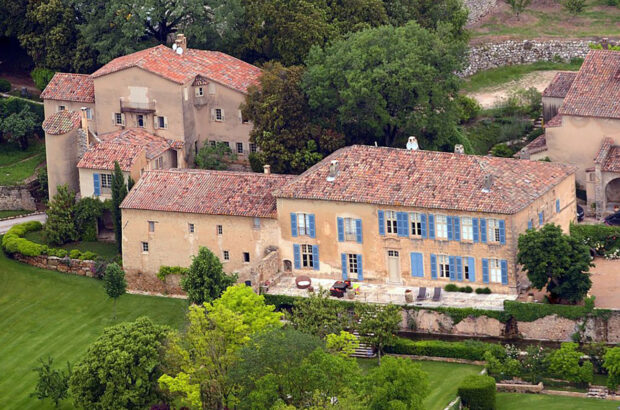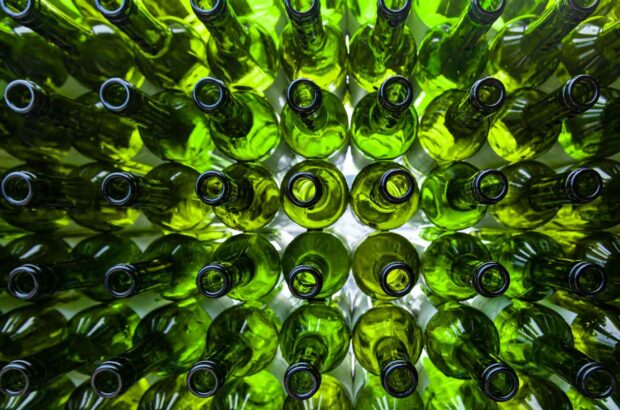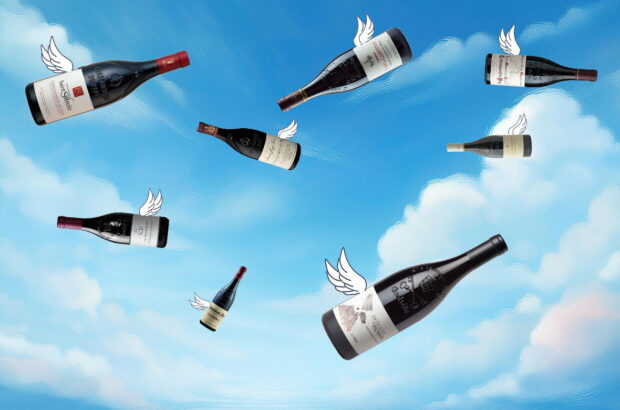Mark Krstic is the managing director of the Australian Wine Research Institute (AWRI). With more than 27 years’ experience in grape and wine research across the sector, he chairs the Australian Wine Industry Technical Conference, is on the board of the National Wine Foundation, and is an adjunct professor at Macquarie University in Sydney.
How did you get here?
After a degree in agricultural science and a PhD in forestry, I was recruited by Australia’s national science agency CSIRO to work in the wine industry on yield estimation. This ignited a lifelong passion for wine, the industry and its amazing global network.
What’s the key purpose of your role?
I am focused on making sure the AWRI has the capabilities and talent to keep up with the changing global wine sector. Solving key challenges such as consumer acceptance of no/low-alcohol wine, sustainability and packaging means we need to adapt and evolve as an organisation to remain relevant and impactful.
What’s the biggest frustration?
Chasing the funding to conduct the ultra-cool science we do. It’s a never-ending rollercoaster.
What have been your greatest moments, professionally?
The first was AWRI’s response to Australia’s national bushfire emergency during the 2020 vintage. Across the AWRI, 71 staff mobilised to support a 24/7 response, rolling out diagnostic testing (more than 7,000 samples), education and outreach programs, and real-time R&D. The timing coincided with the start of the Covid pandemic, throwing us additional curveballs. Our key objective was to make sure no Australian wine was released to markets with smoke taint issues, which may have damaged the image and reputation of our wines.
The second was the AWRI team that worked with the Queen Victoria Museum & Art Gallery (QVMAG) in Tasmania to isolate yeast from a 220-year-old bottle of beer. After its recovery from the wreck of the Sydney Cove, teams from the AWRI, QVMAG, [beverage company] Lion and [beer brand] James Squire worked together to commercialise the production of a very special high-value beer called The Wreck – the world’s oldest beer made new again.
And your greatest mistake?
Early in my career, I was working on a mechanical crop-thinning trial that unfortunately damaged the bunches and canopy so badly the vineyard failed to ripen and was not harvested. My mistake informed subsequent trials and taught me to not be afraid of making mistakes… within reason. And yes, the grower did forgive me.
What are Australian producers’ biggest concerns now?
The decline in global wine consumption is challenging the fundamental economics of many wine businesses.
What are you working on?
AWRI works on 40-50 research, development and extension projects at any one time. Our current research into improving the quality, mouthfeel, flavour and microbial stability of no/low-alcohol wines has the potential to address a key challenge in the sector globally – the changing drinking habits of consumers. We are also developing a world-first grapevine clonal-ID testing service and novel methods for removing unwanted sulphur compounds from wine.
Do you collaborate with similar institutions elsewhere?
Yes. We have a key strategic alliance with the University of Bordeaux, and Hochschule Geisenheim University in Germany (the BAG Alliance). This is vital for addressing industry challenges in common pre-competitive areas such as climate change, biosecurity and sustainability. In fact, about 34% of AWRI’s full-time workforce hold international passports.







